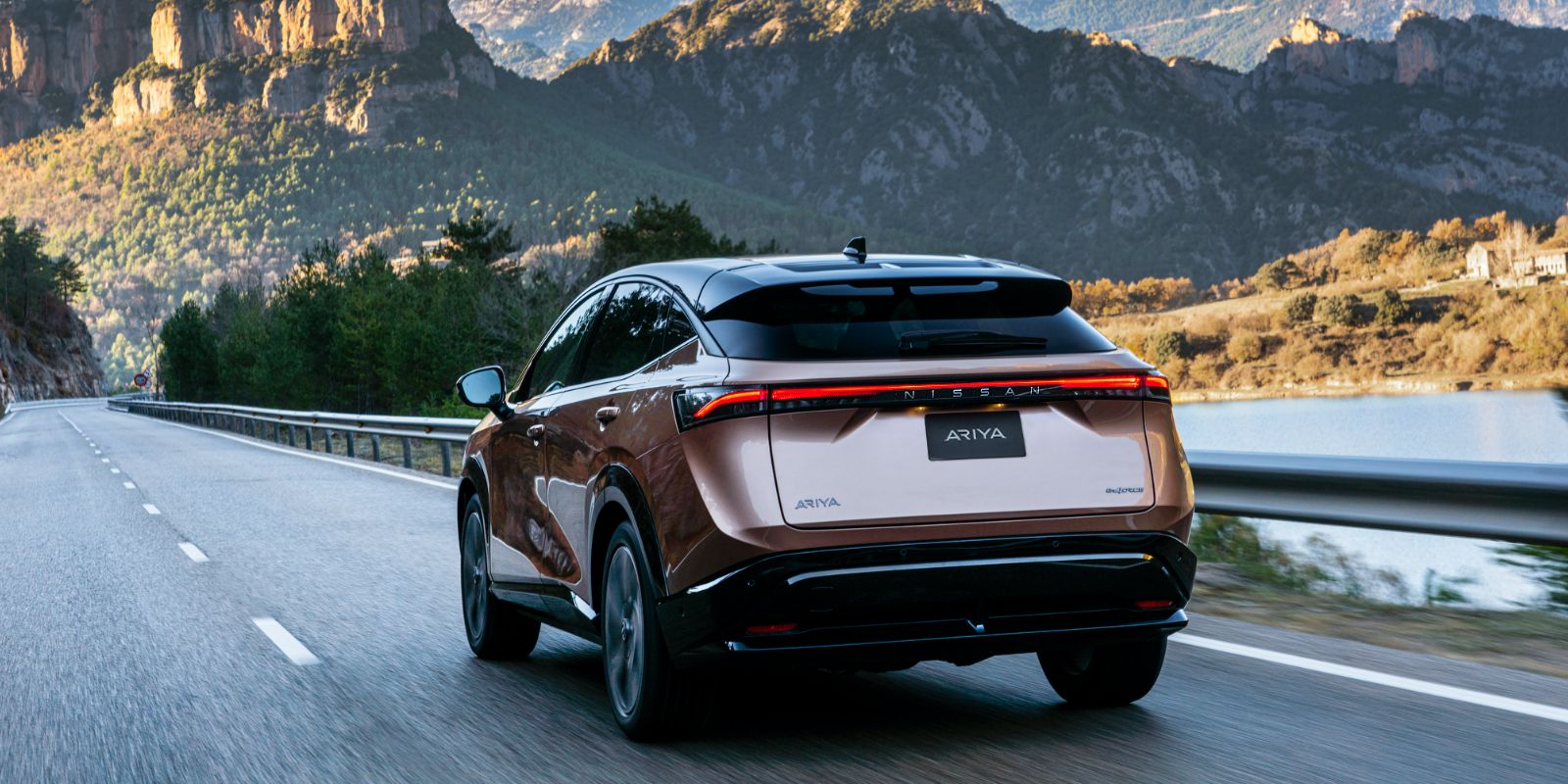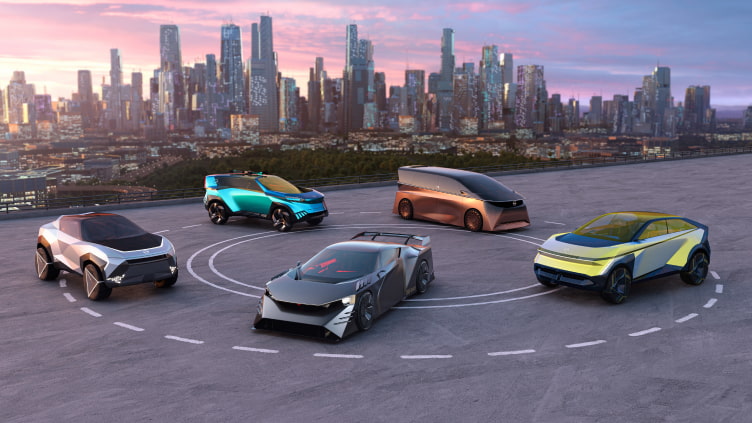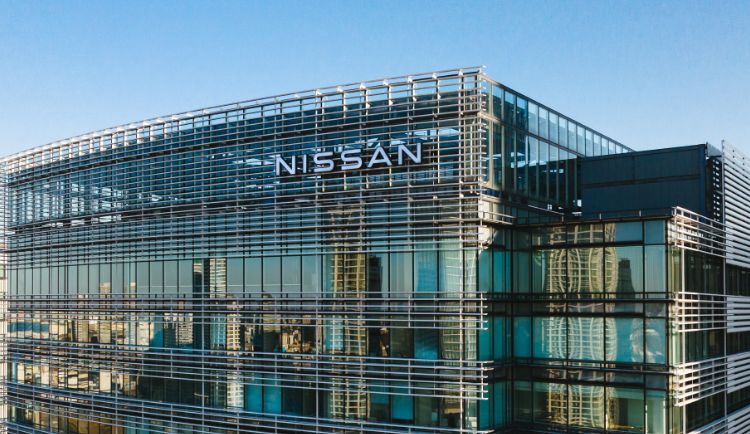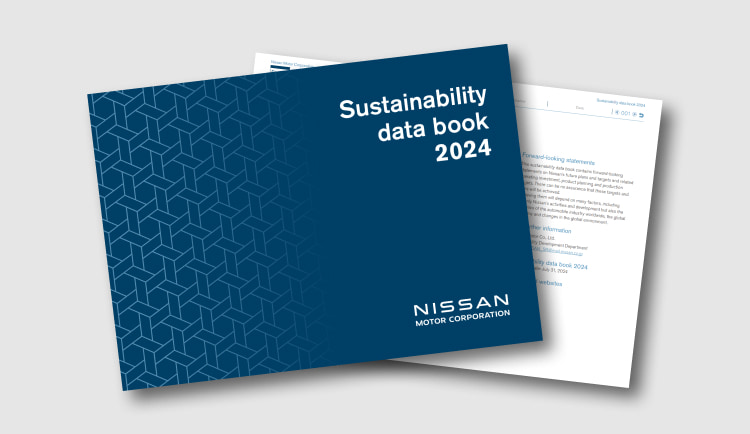

Sustainability Strategy
Sustainability at Nissan
Nissan has always recognized the critical role that businesses play in society, determined to deliver positive impact ourselves.
Building on our company DNA and our purpose of driving innovation to enrich people’s lives, our goal is to empower mobility and beyond to create social value for all stakeholders.
We will create a cleaner world where mobility is electrified, a safer world where people taking journeys are protected by innovative technologies, and an inclusive world where people are engaged, healthy, and empowered.

Nissan Sustainability Initiatives


Nissan Materiality Matrix
Nissan now uses a matrix to prioritize initiatives, conveying to stakeholders the path the company will take towards 2030 to expand opportunities for collaboration and deepen relationships of trust leading to the further promotion of initiatives.
Nissan's materiality assessment identified 21 items of materiality and every issue is material to Nissan's long-term sustainability. Nissan determined 12 items as the most important materiality items. Nissan will incorporate each of the identified items into its business activities to expand opportunities for collaboration, leading to the promotion of more robust efforts embodying our corporate purpose.





